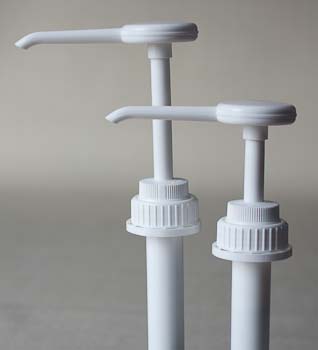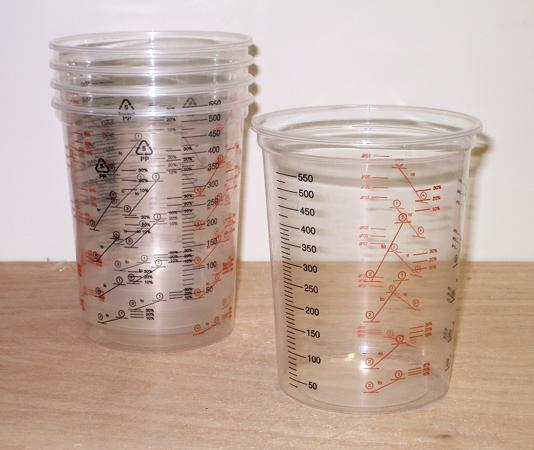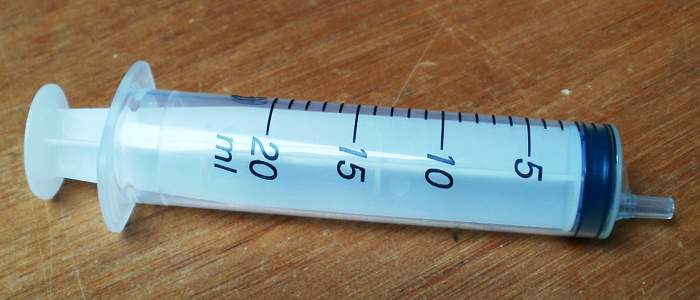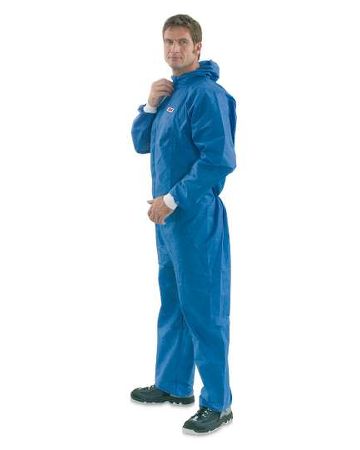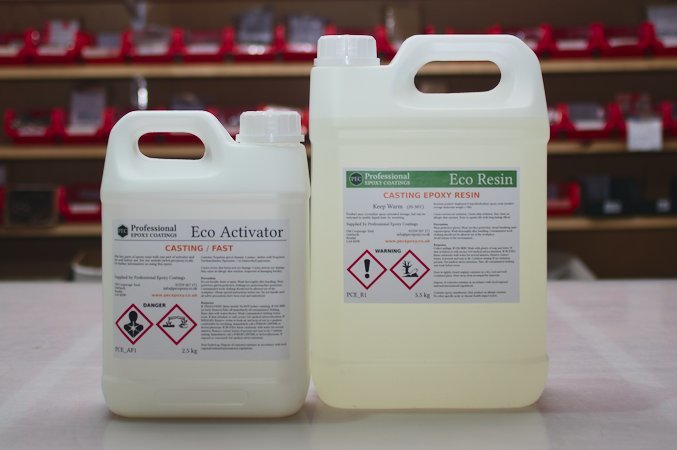



Product Description
PEC Casting Eco is an environmentally-friendly epoxy bio resin specifically formulated for crystal clear resin casting, coating and embedding. This epoxy is water-clear and contains UV inhibitors to minimise yellowing even in direct sunlight.
PEC Casting Eco Epoxy has a very low viscosity and excellent flow for ease of mixing and pouring into moulds, which is especially important when adding powders that will thicken the resin. Its excellent UV stability will help to ensure your work continues to look good for years to come.
Two different activators are available as part of this epoxy system, with different cure times to suit a wide range of uses. The system comprises PEC Casting Eco Resin and your choice of slow or fast activator.
As well as casting applications, this resin is often used for making craft jewellery and for coating artworks. It has many uses, but it is important to make samples to develop suitable processes and ensure compatibility with other materials. Coating and embedding applications include counters, worktops, tables, floors, paths and drives.
The PEC Eco Epoxy range has been developed to give the same professional results our customers have come to expect while giving you peace of mind that you have made a sustainable choice. The production process has been overhauled to make use of bio-based renewable materials and to use less energy, reducing the carbon footprint of your end products.
This is a user-friendly epoxy system ideal for DIY use at home. It contains no solvents, so there is no need to wear a respirator or have an air extractor system. It is low-sensitising, but please do take basic precautions as you would using any epoxy.
Each kilogram is roughly one litre of mixed epoxy, which will fill a 10 cm cube or cover a 1 m² area to a depth of 1 mm.
Slow Cure/High Build: 72 hr tack free time, 6 hour pot life.
Fast Cure/Low Build: 24 hr tack free time, 90 min pot life.
The Fast activator system should only be used for low build casting applications with thicknesses below 25 mm (1″), otherwise it can result in exothermic cures and yellowing of the cast layer. For greater thicknesses, the Slow activator should be used. When casting volumes larger than about 2 litres (2 kg), it may be necessary to cast in smaller layers to avoid overheating.
Data Sheets
- Epoxy resin – Technical Data Sheet (TDS)
- Epoxy resin – Safety Data Sheet (SDS)
- Slow activator – Safety Data Sheet (SDS)
- Fast activator – Safety Data Sheet (SDS)

